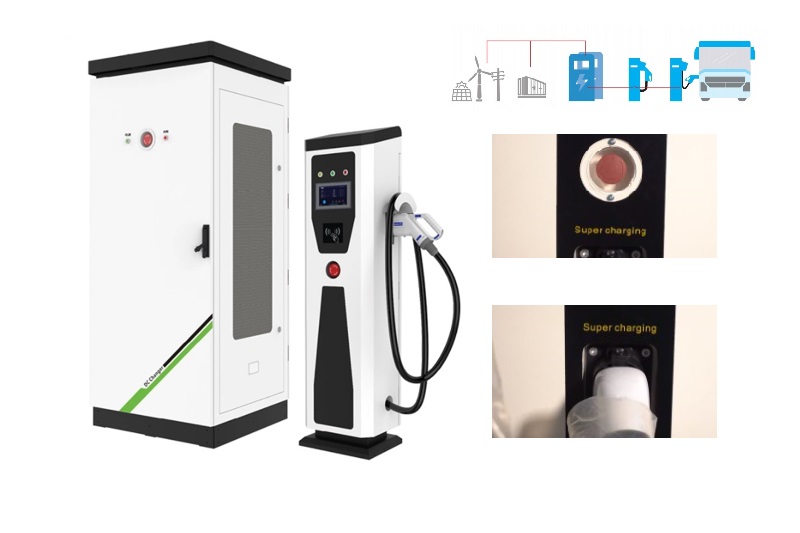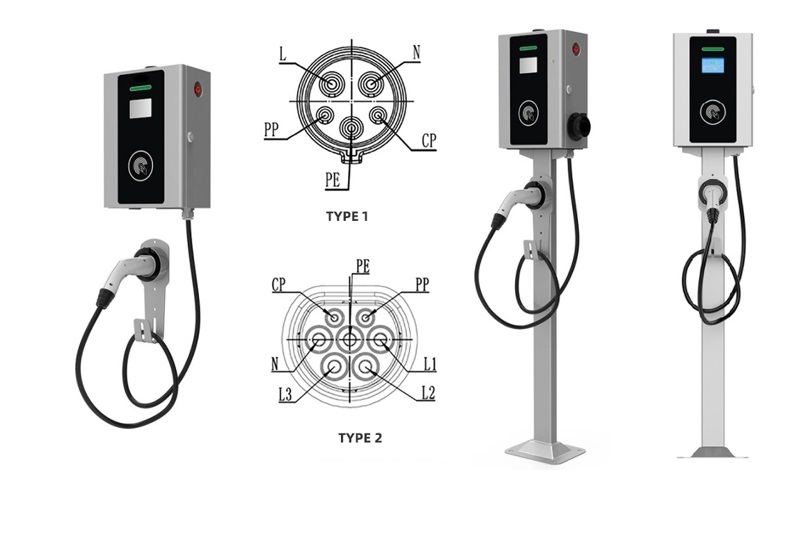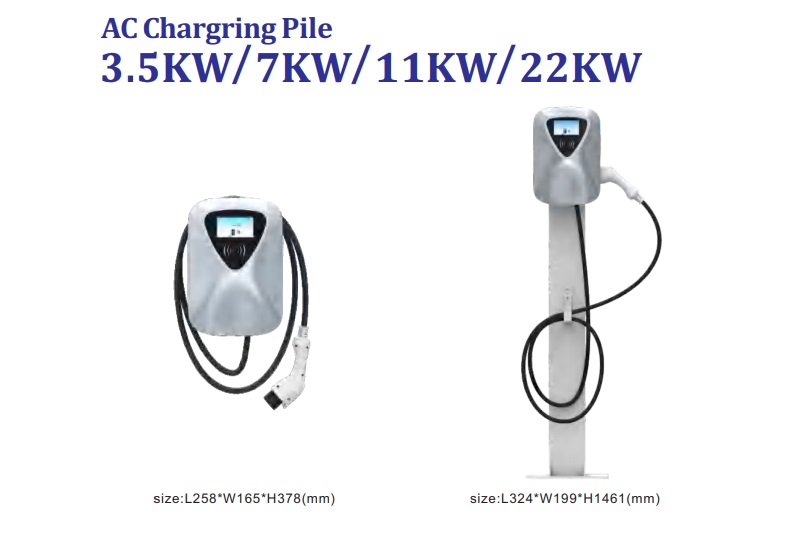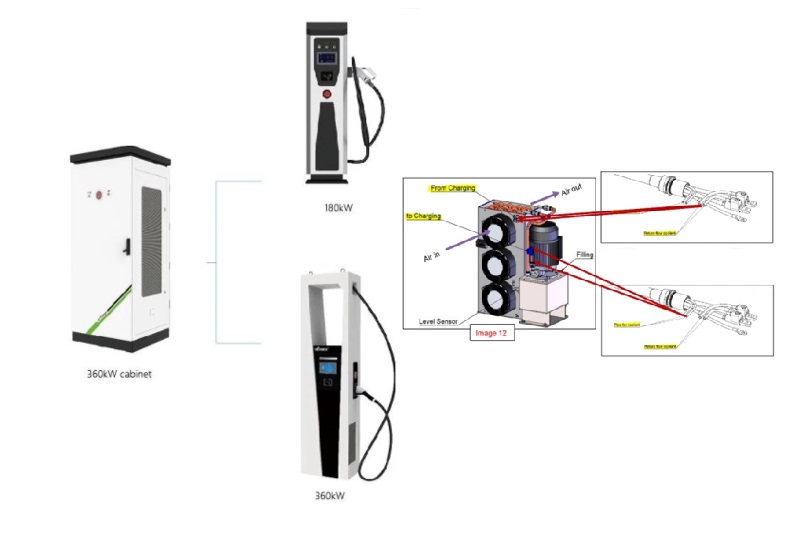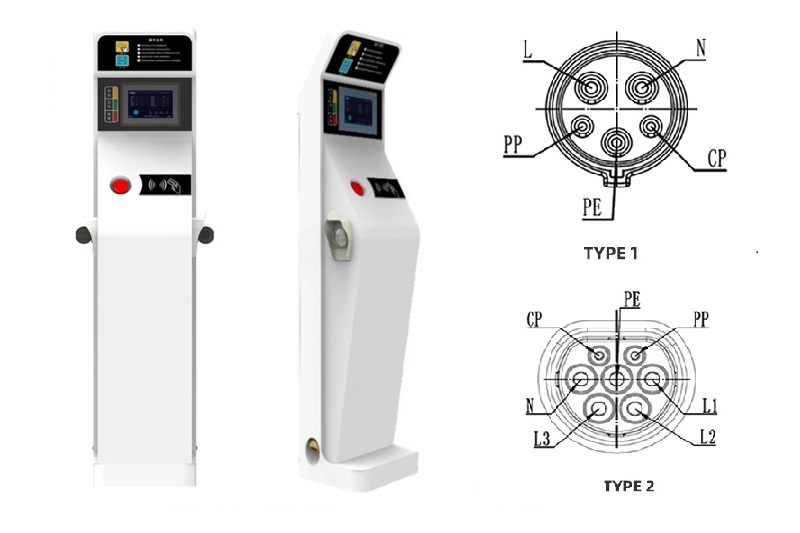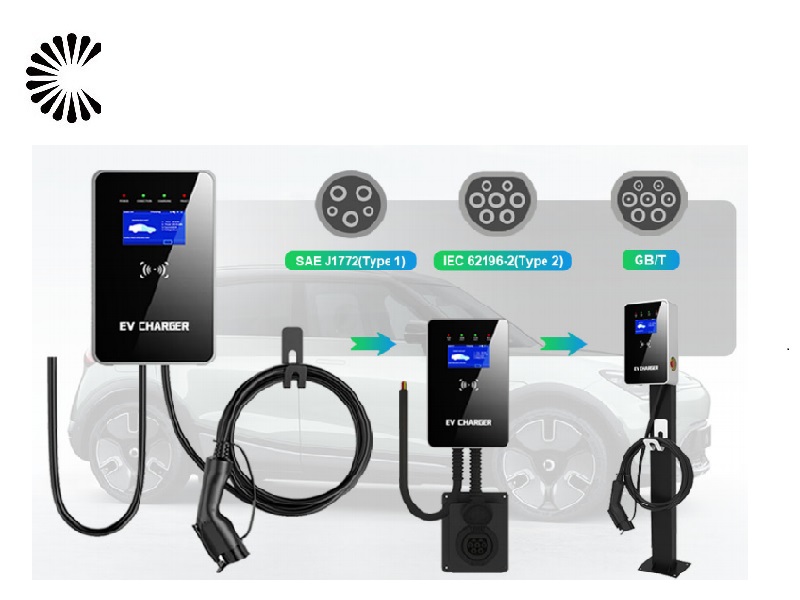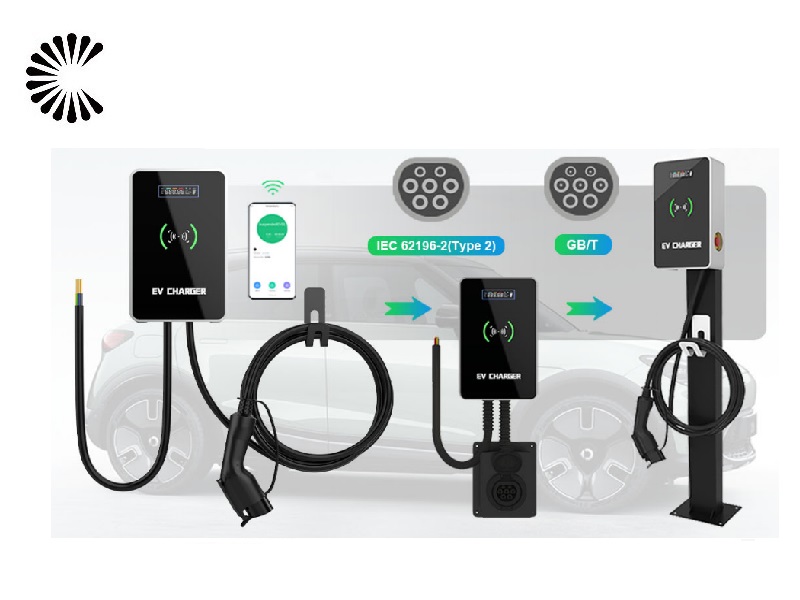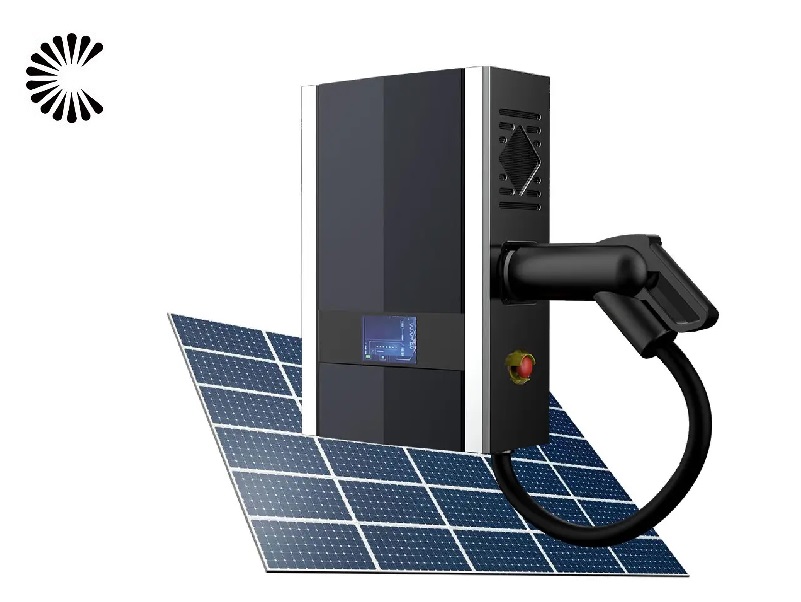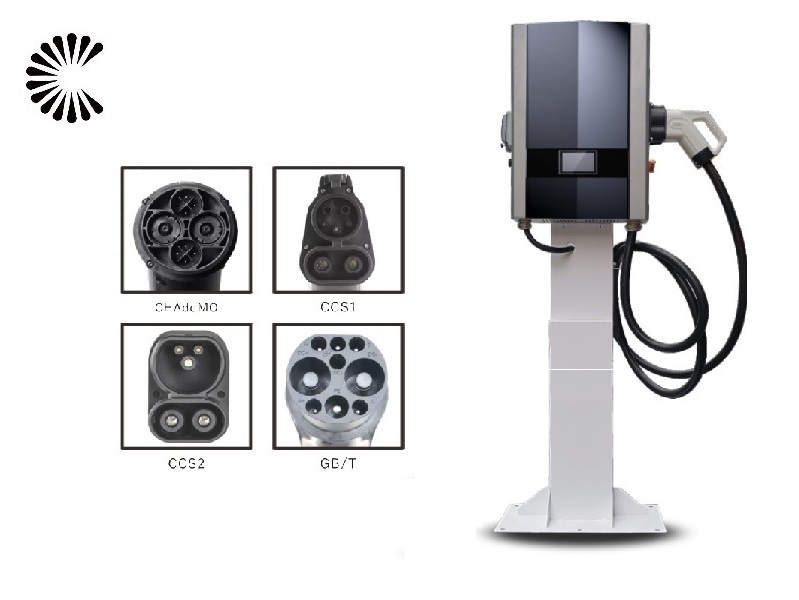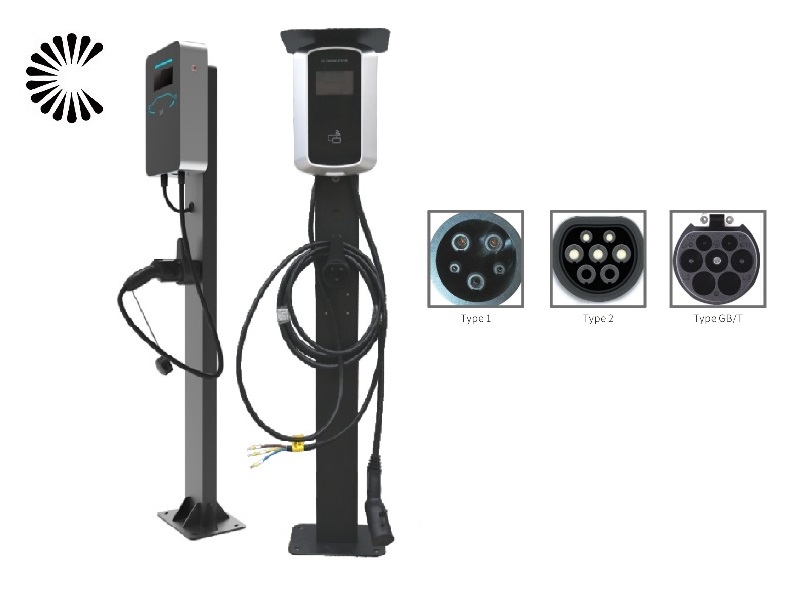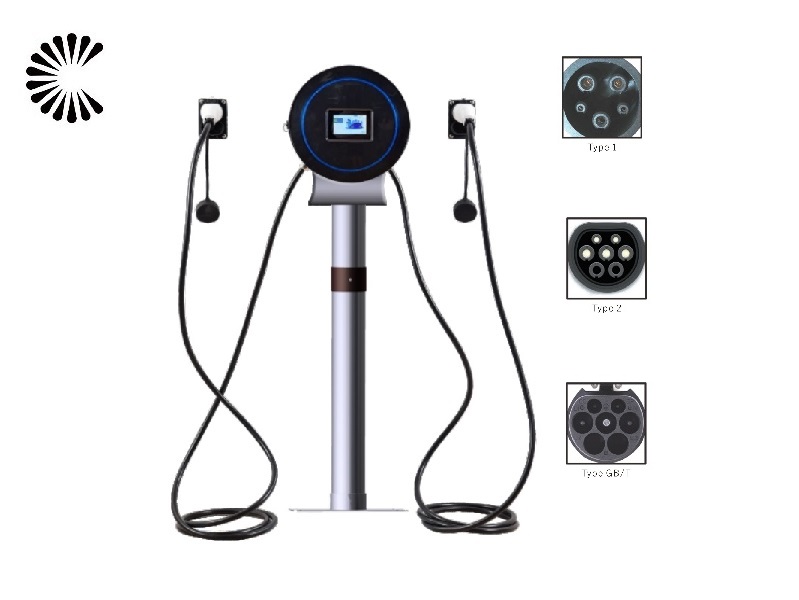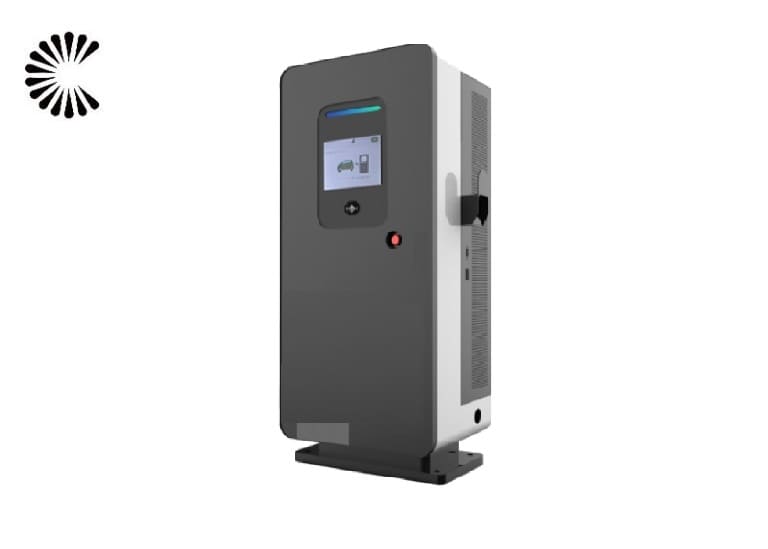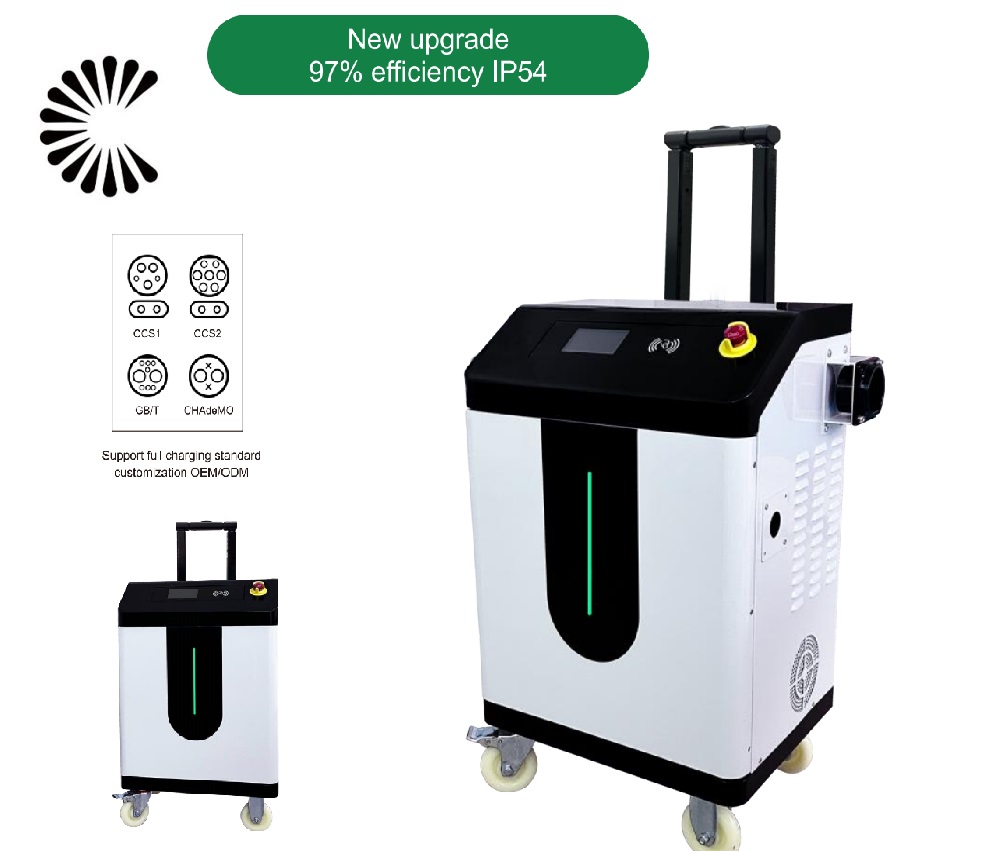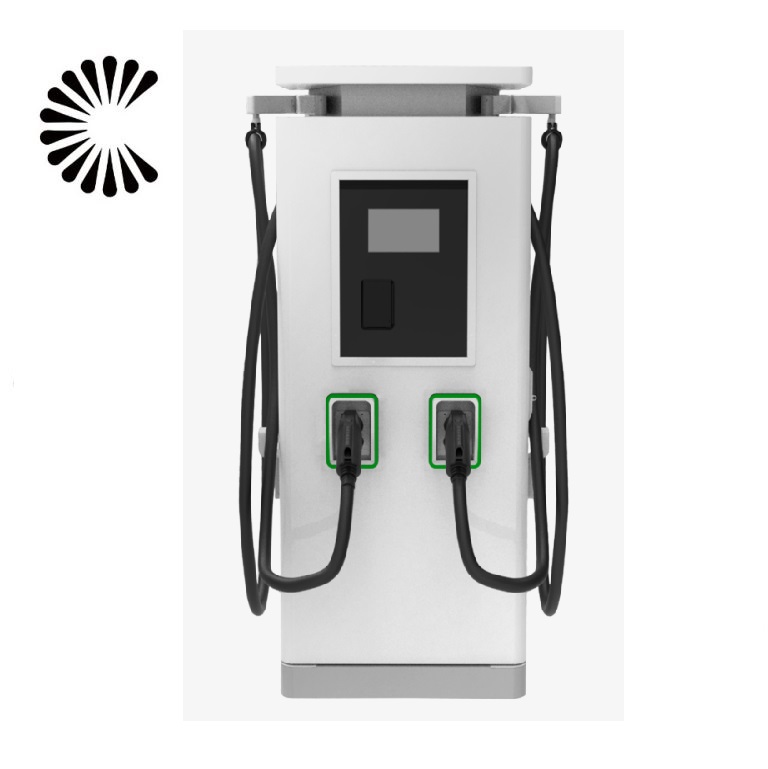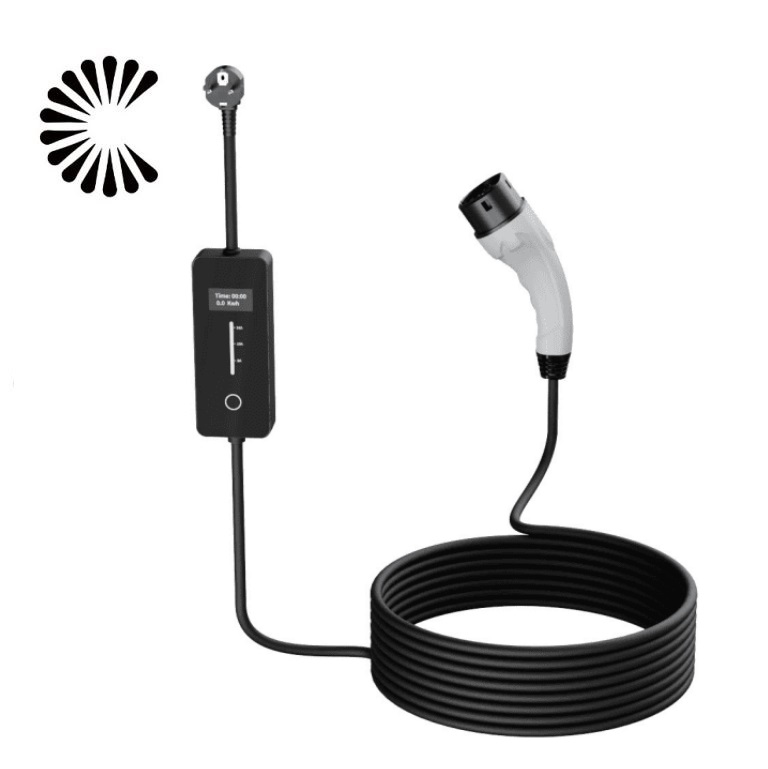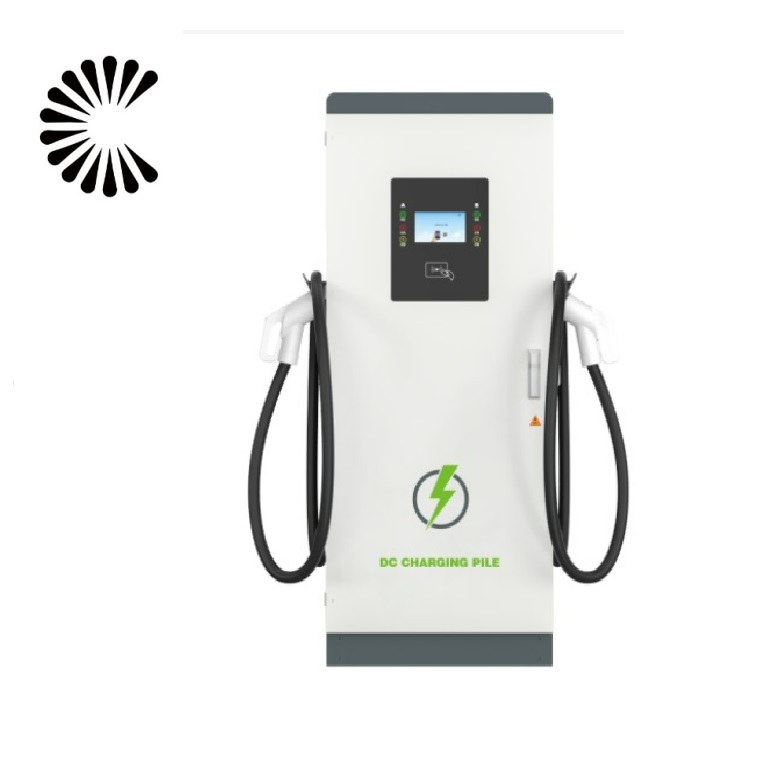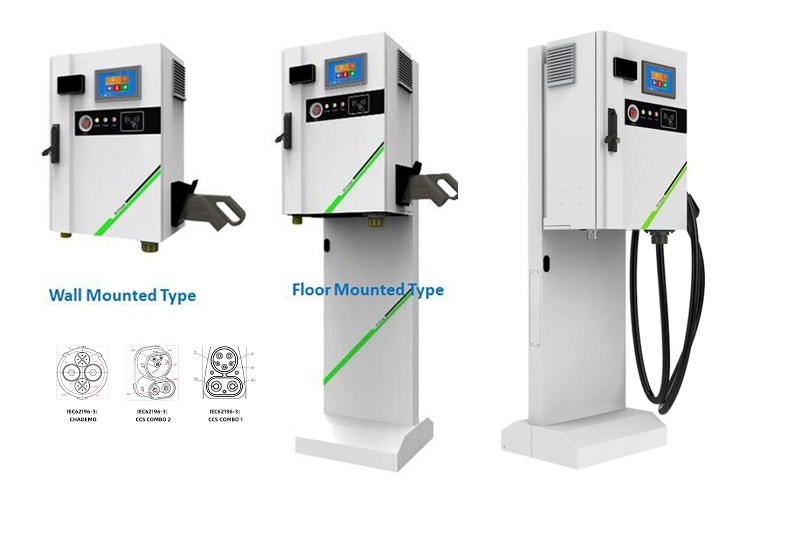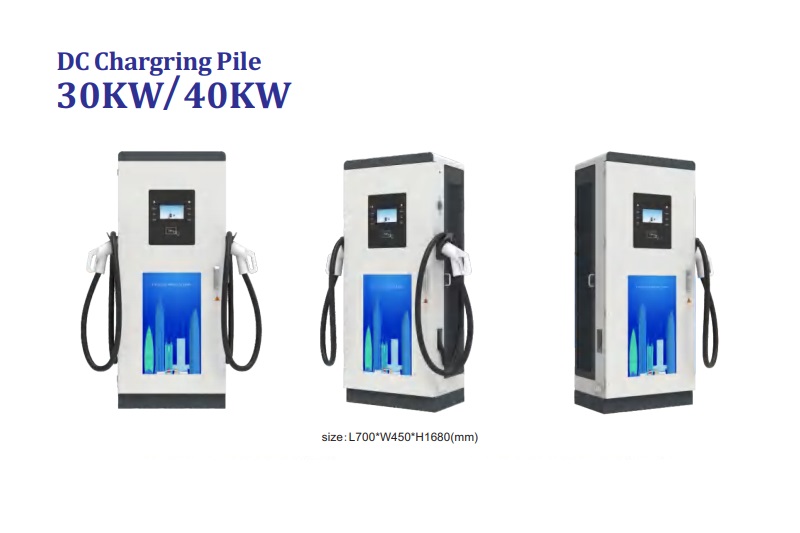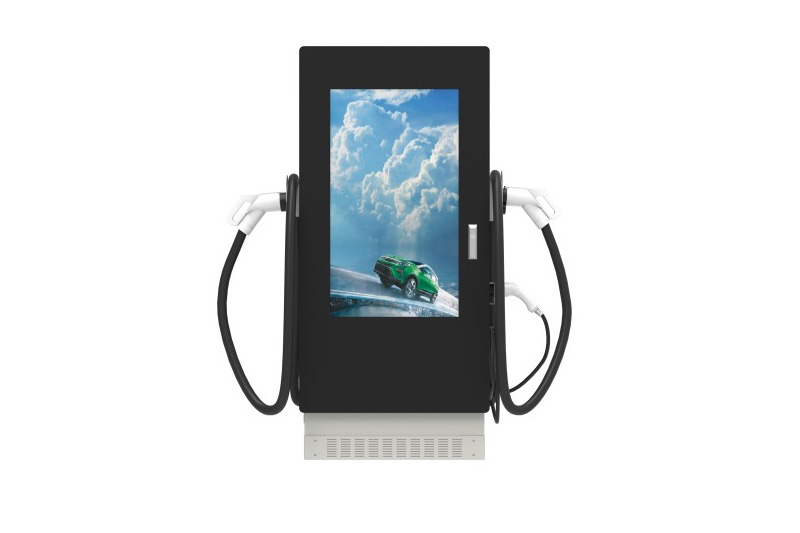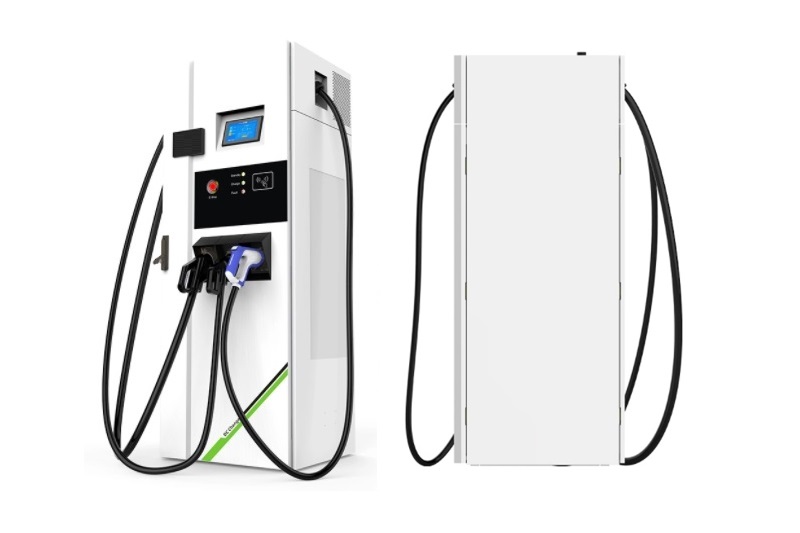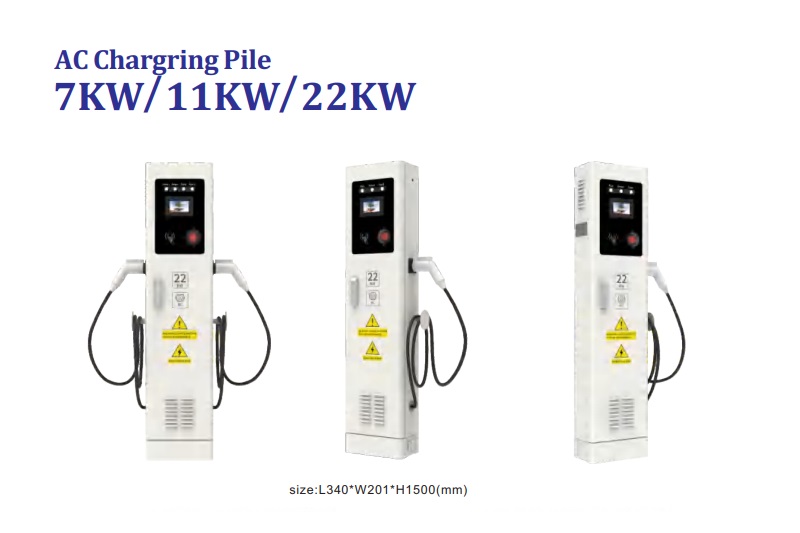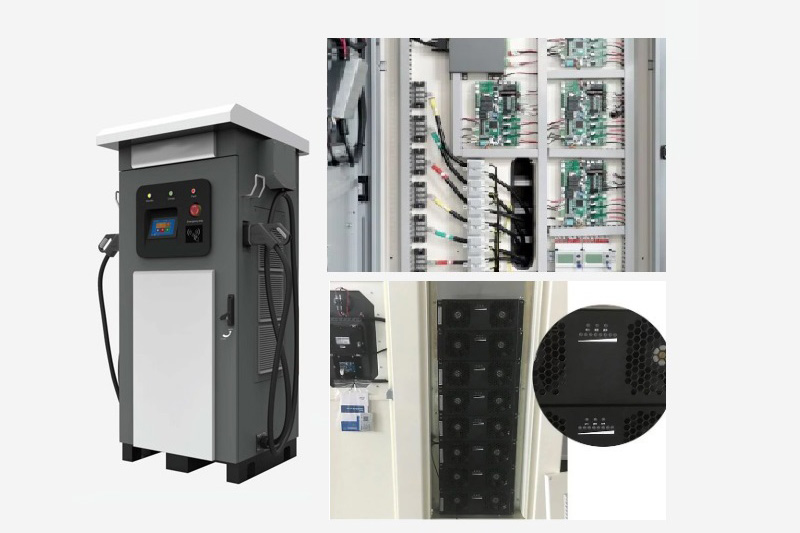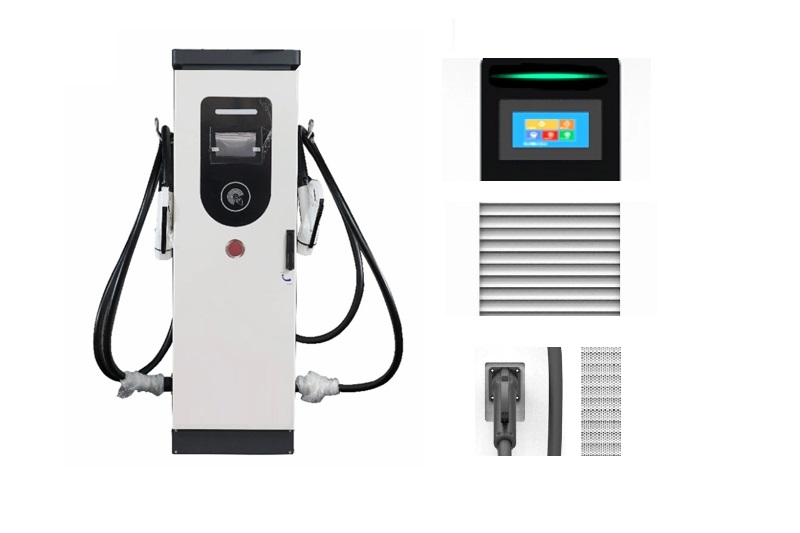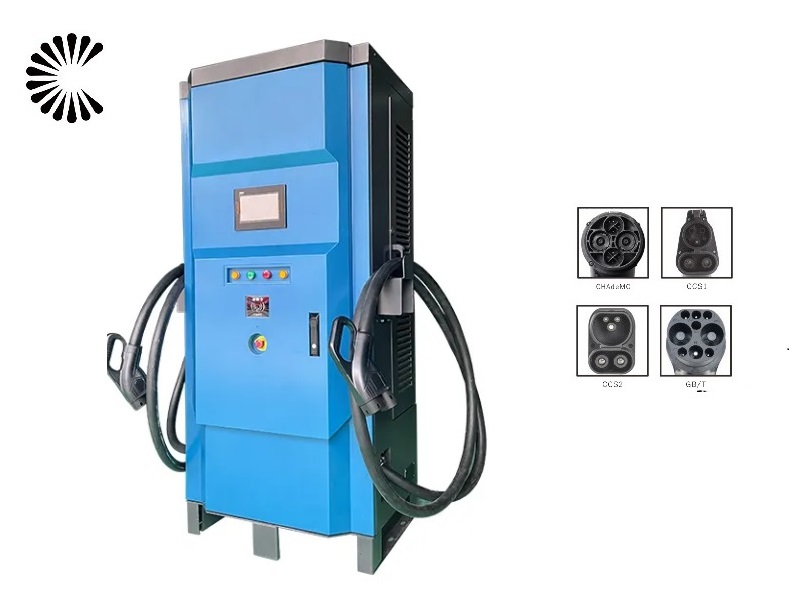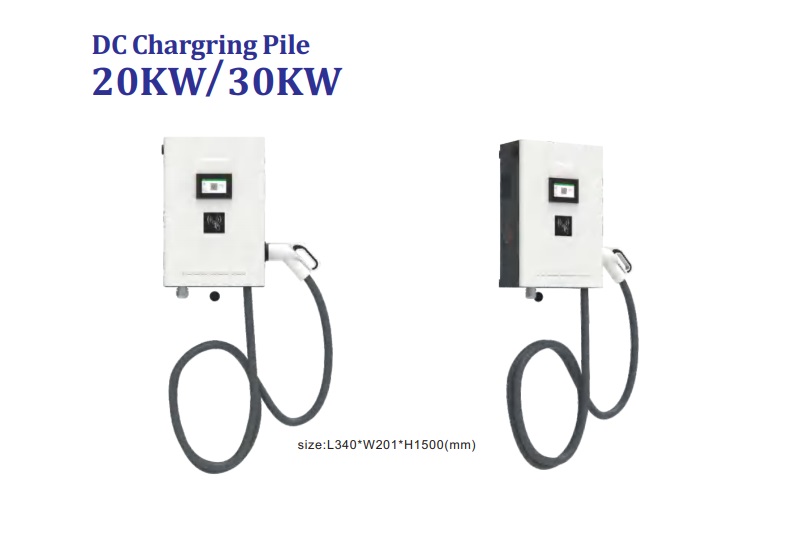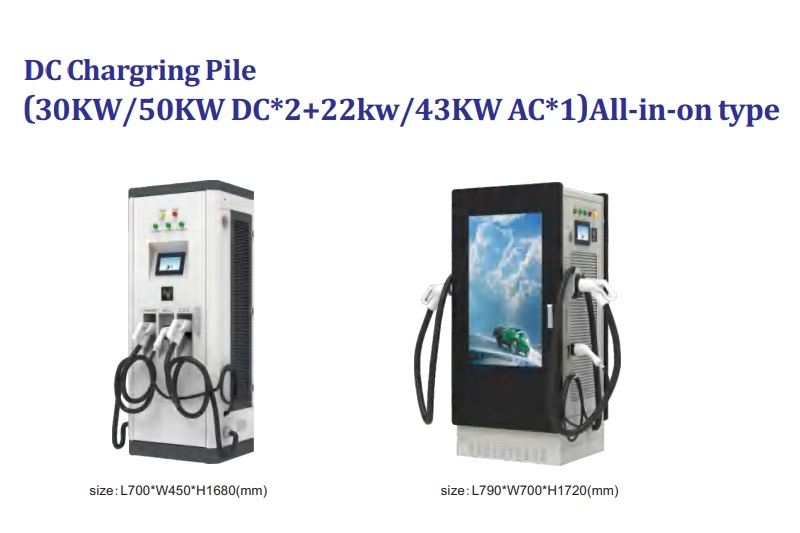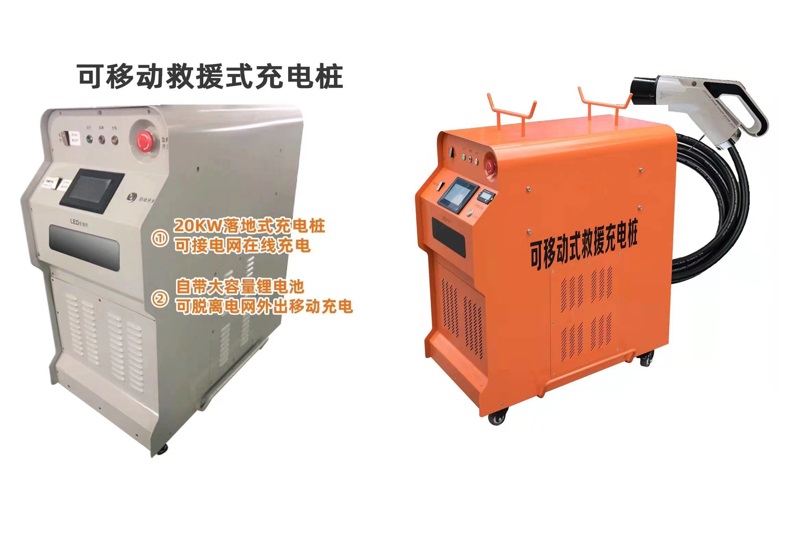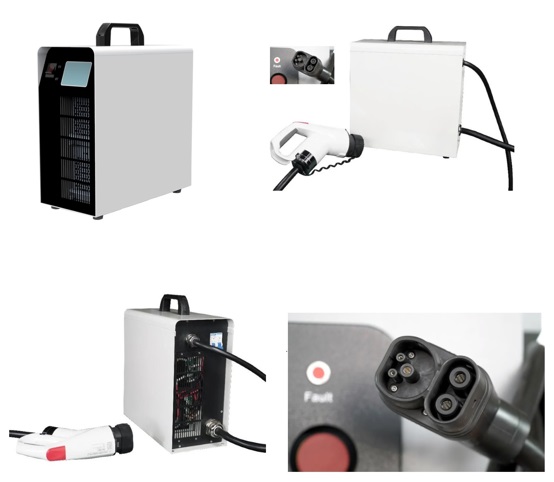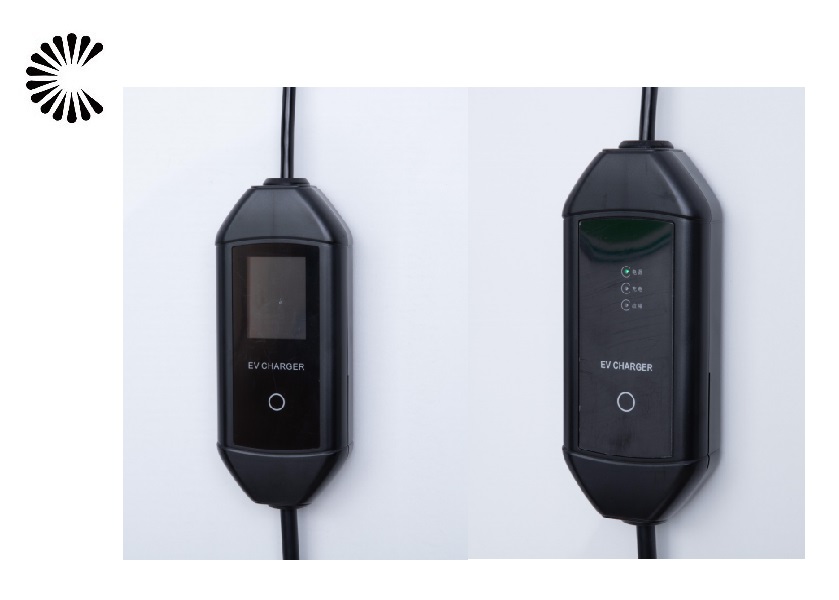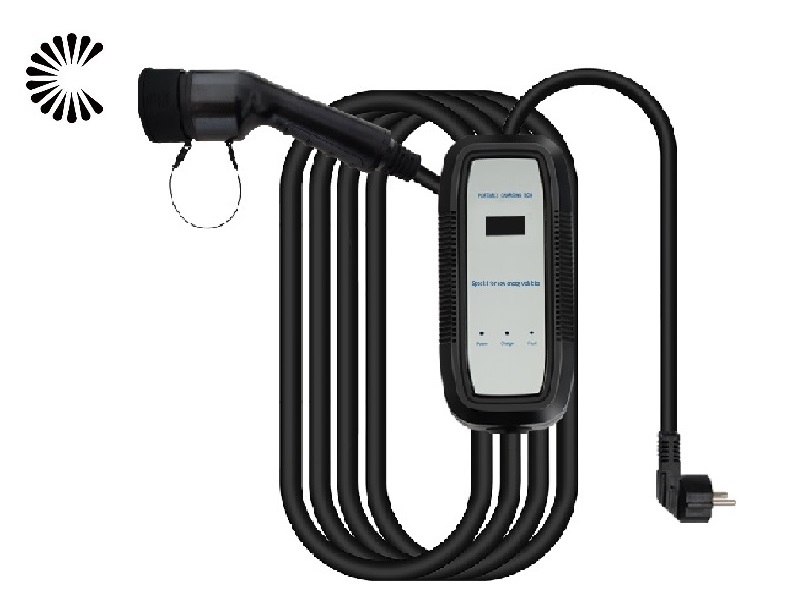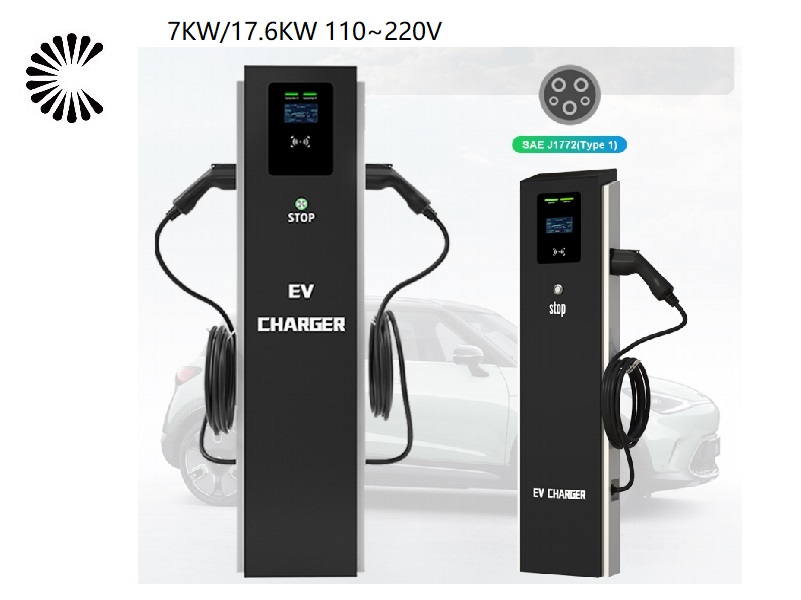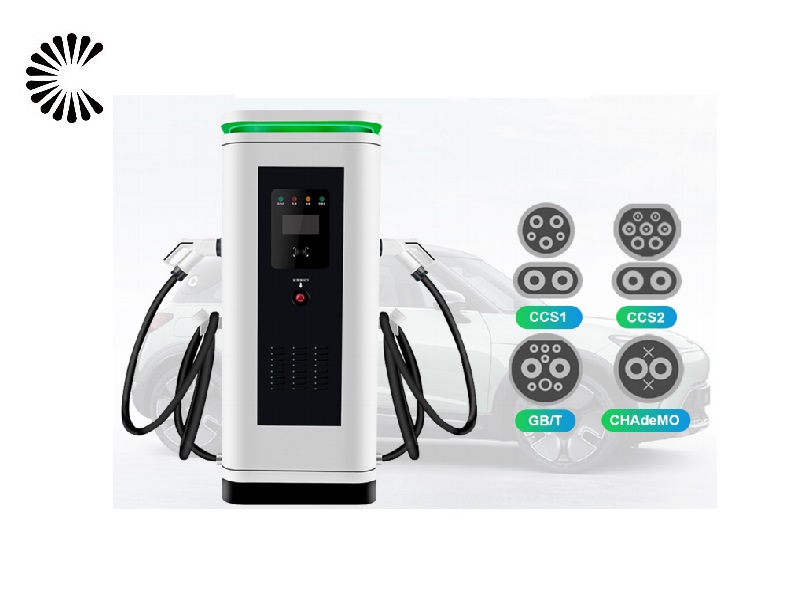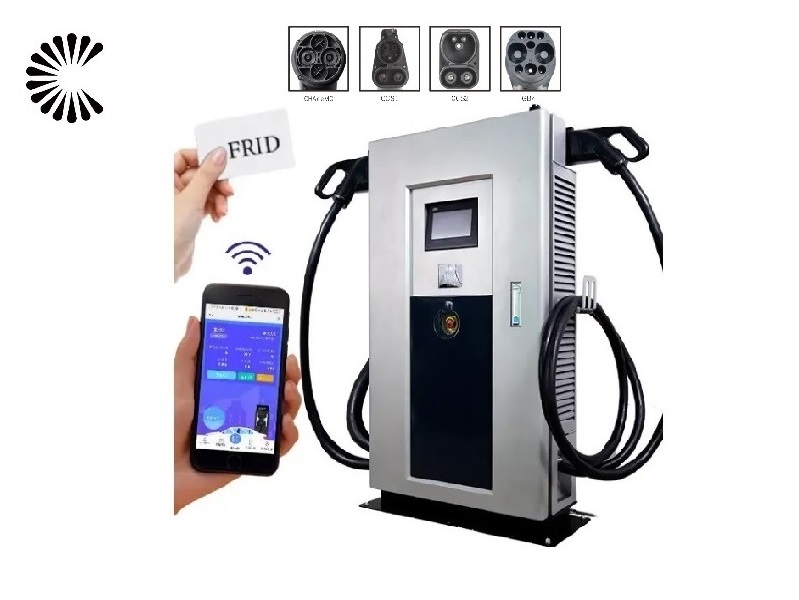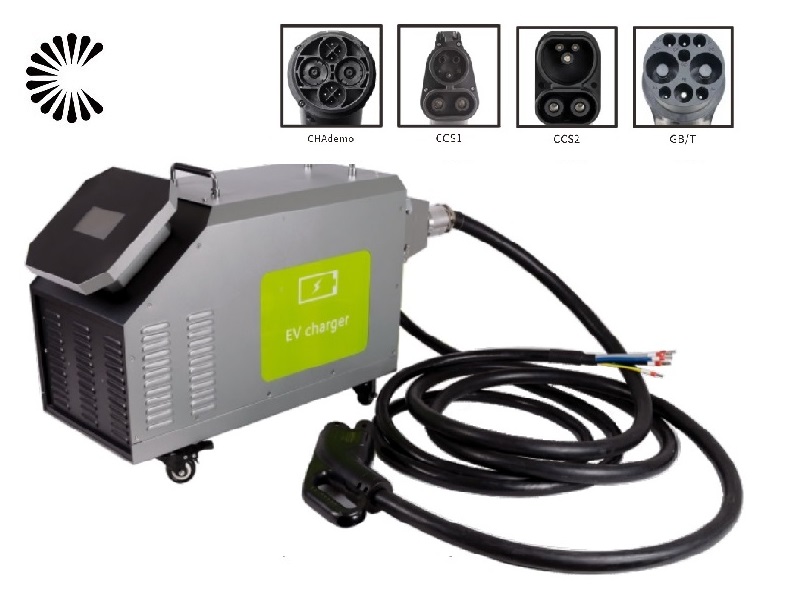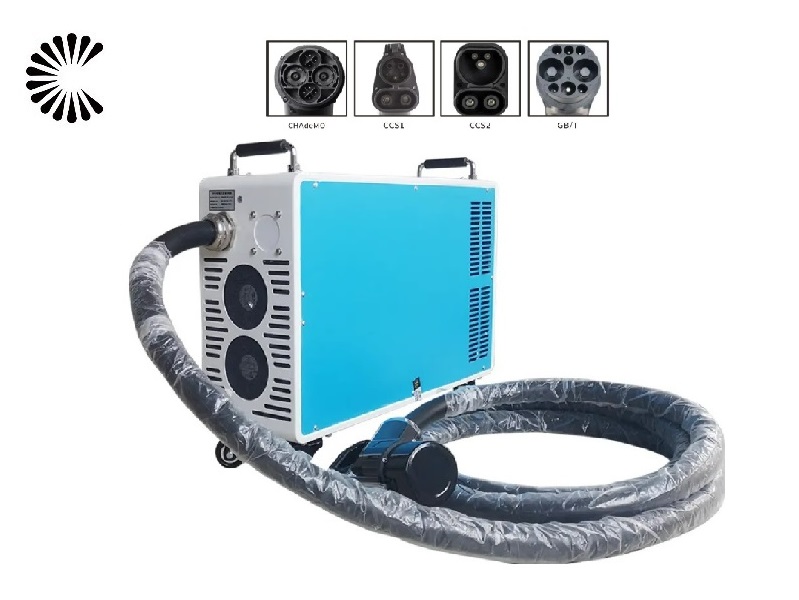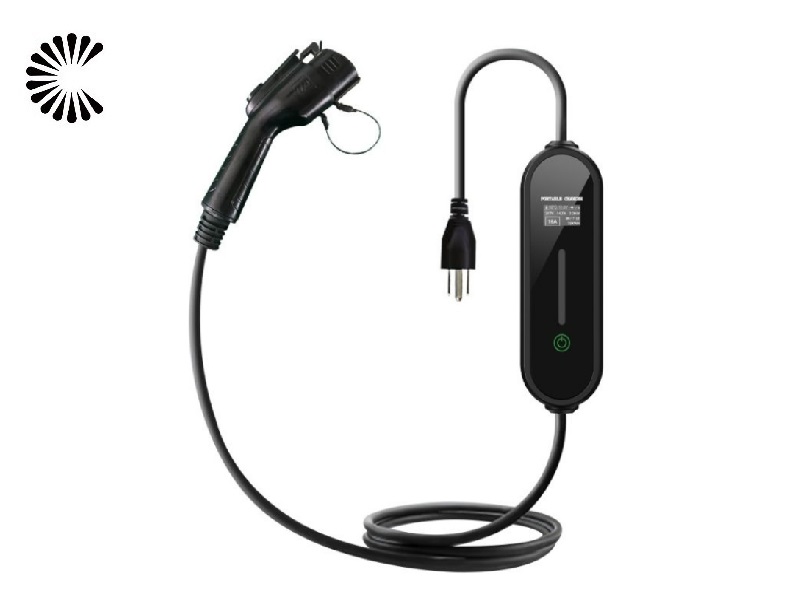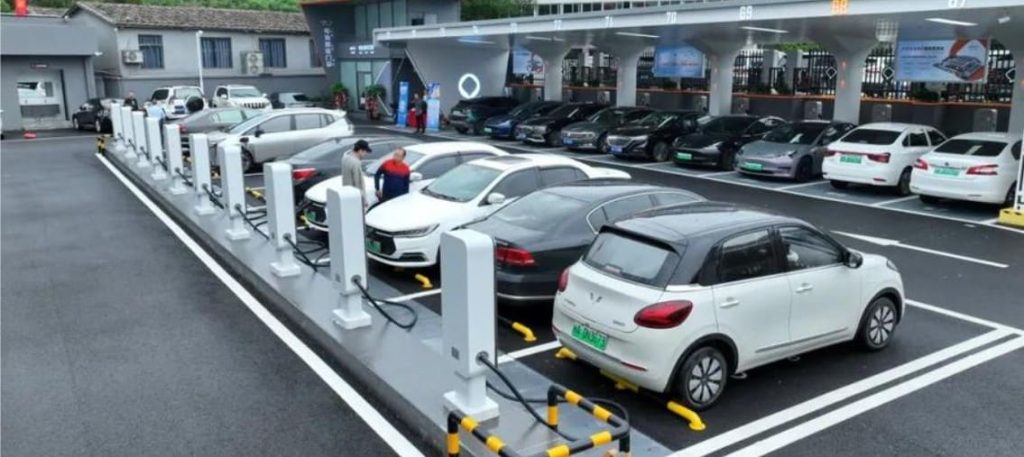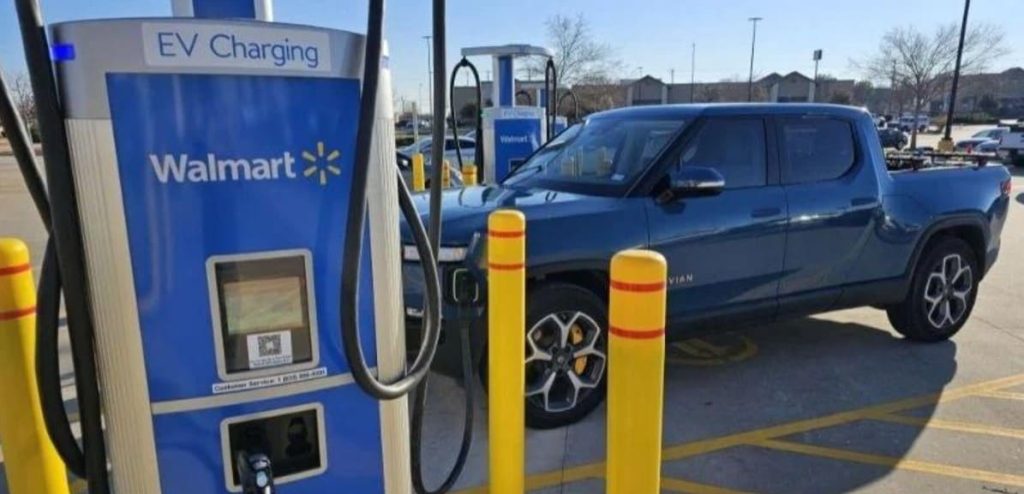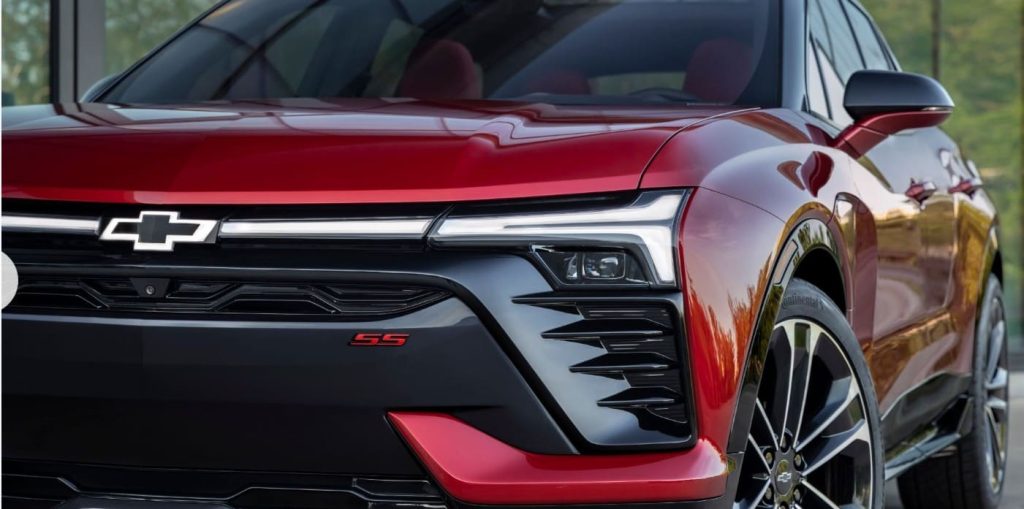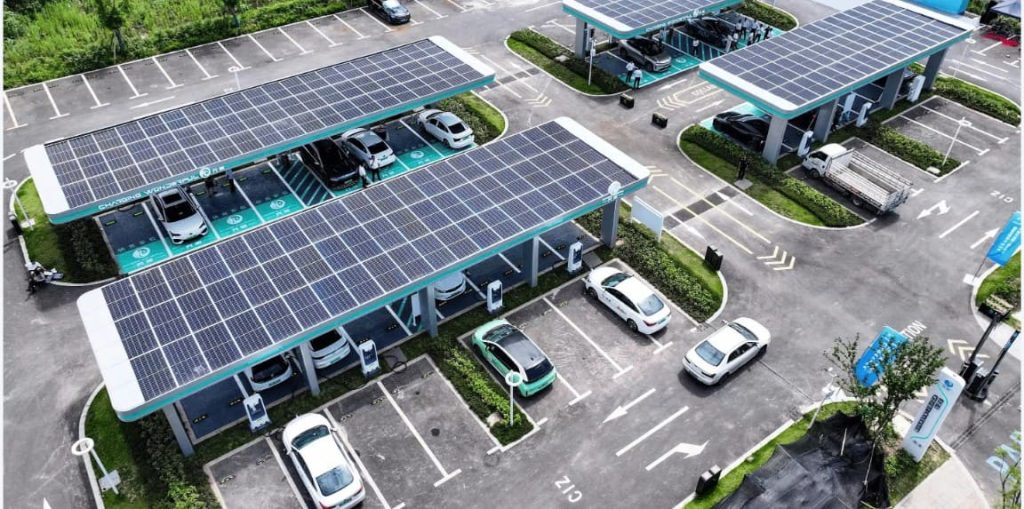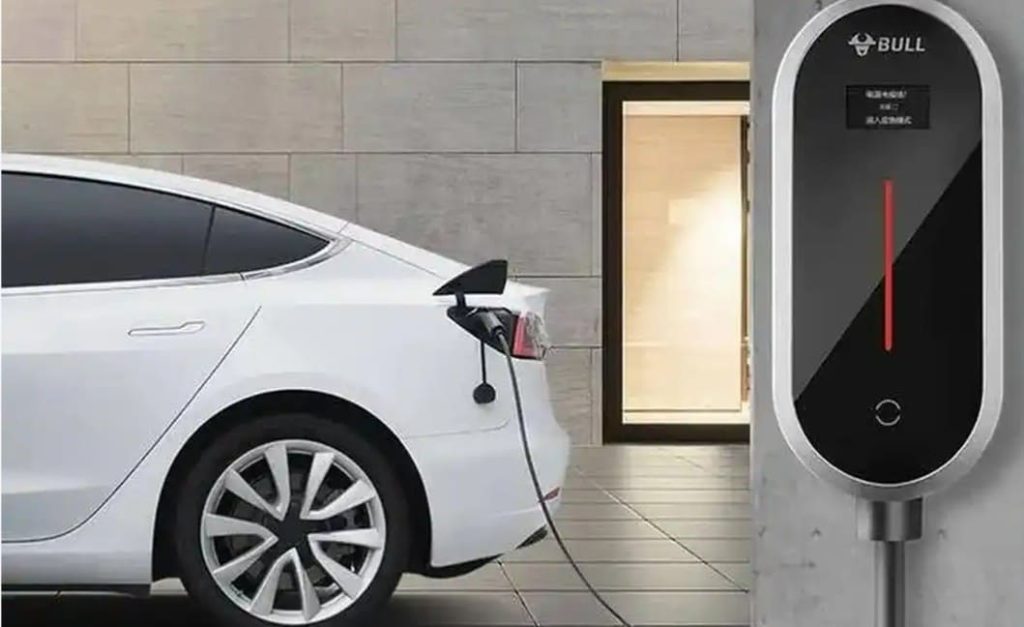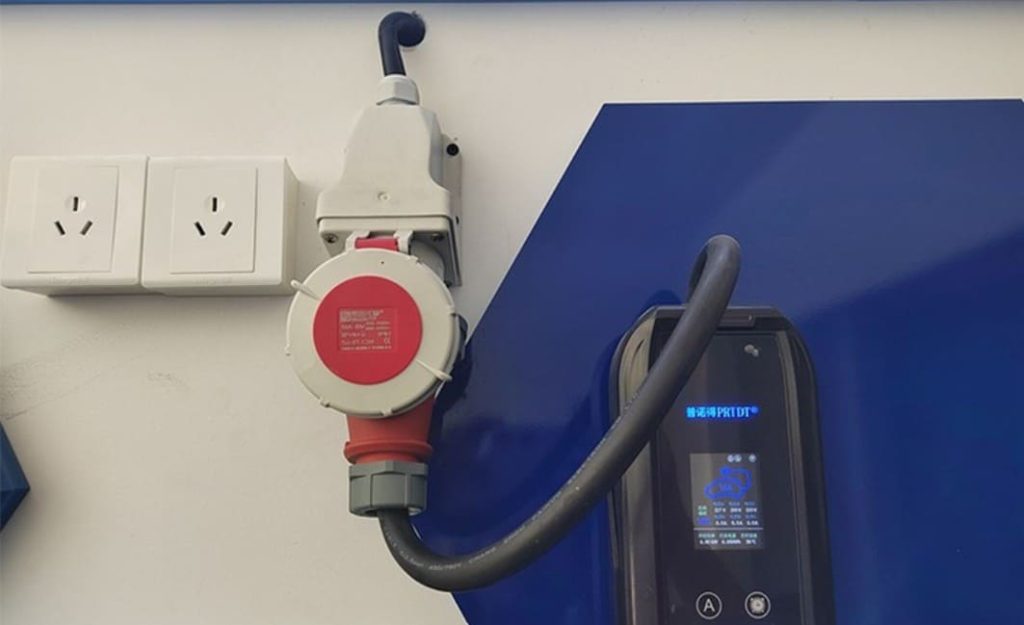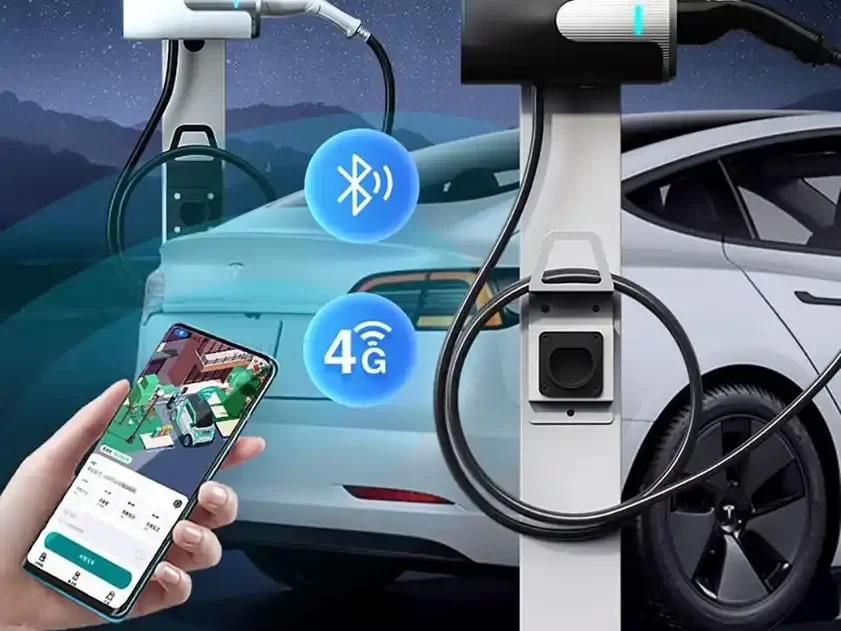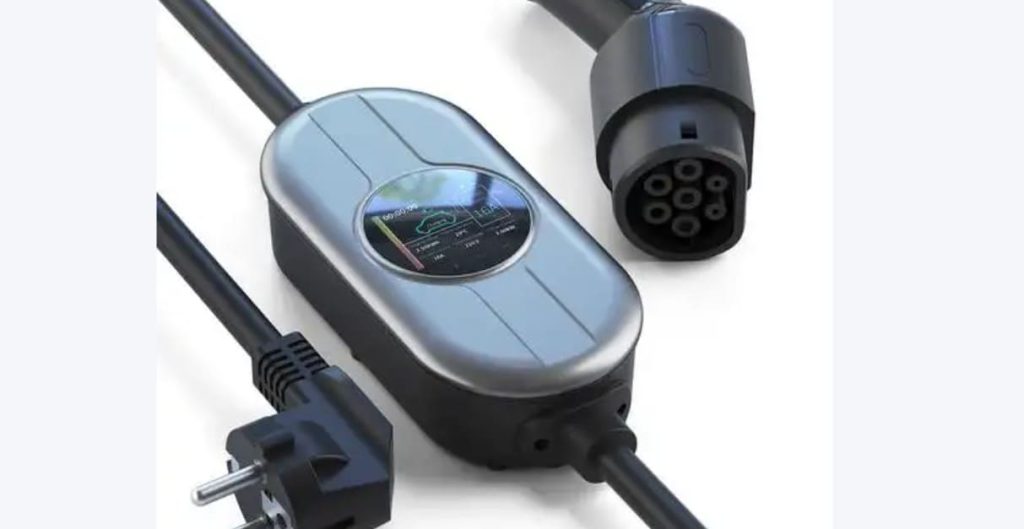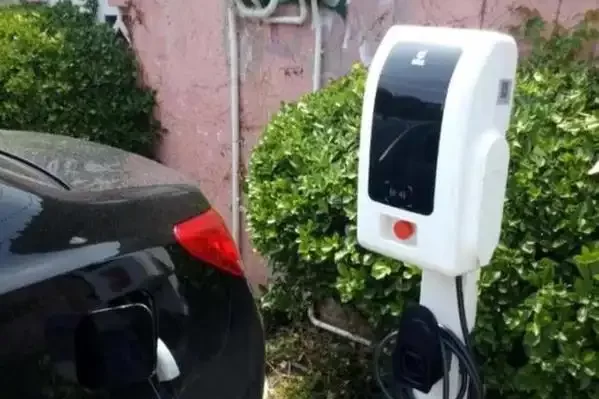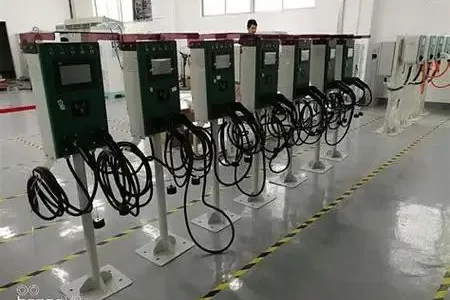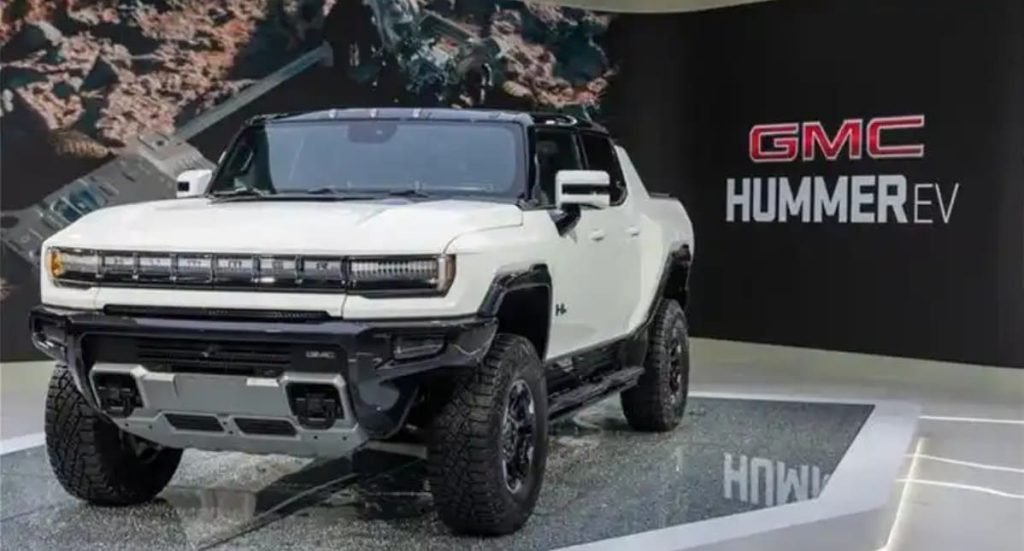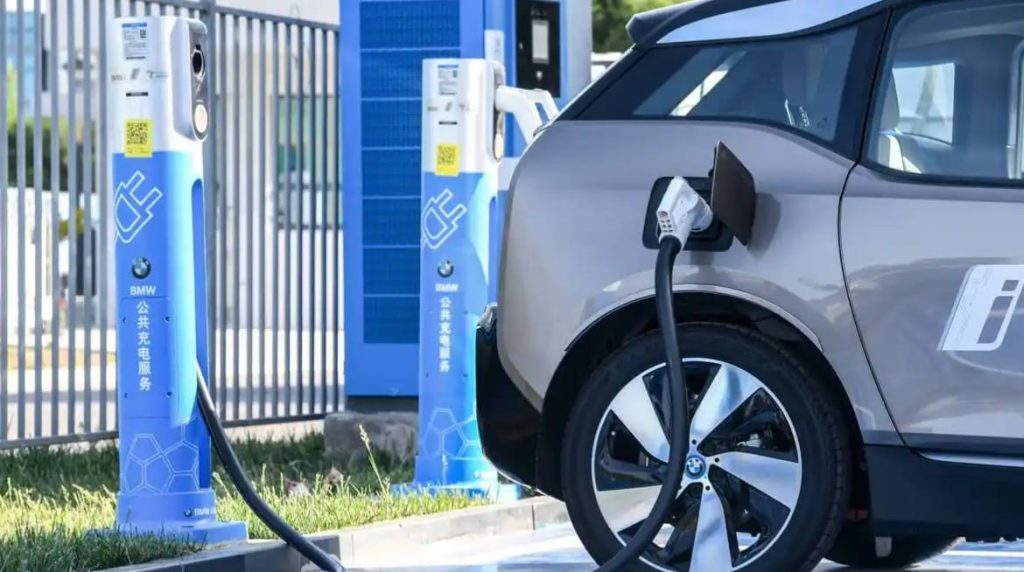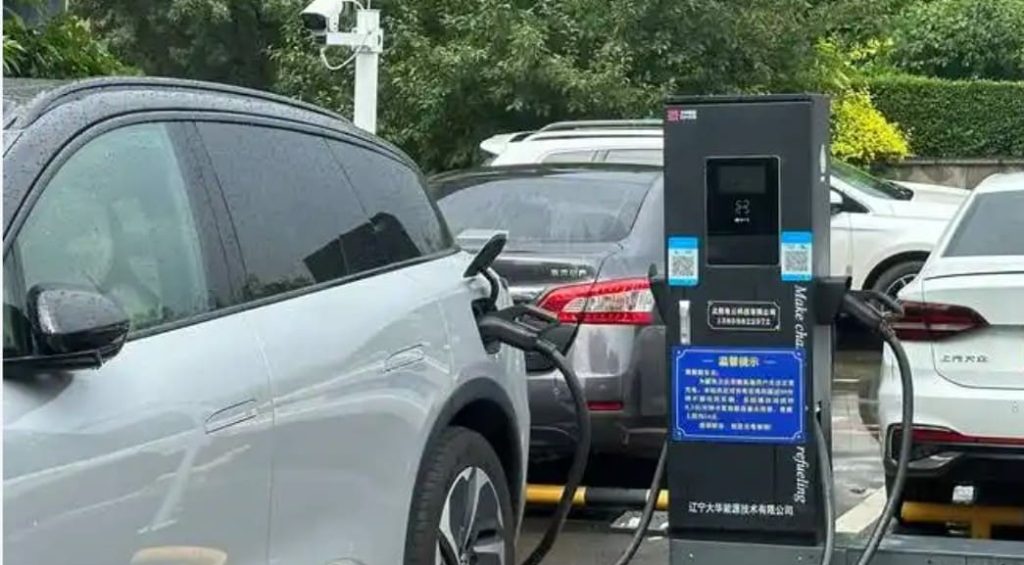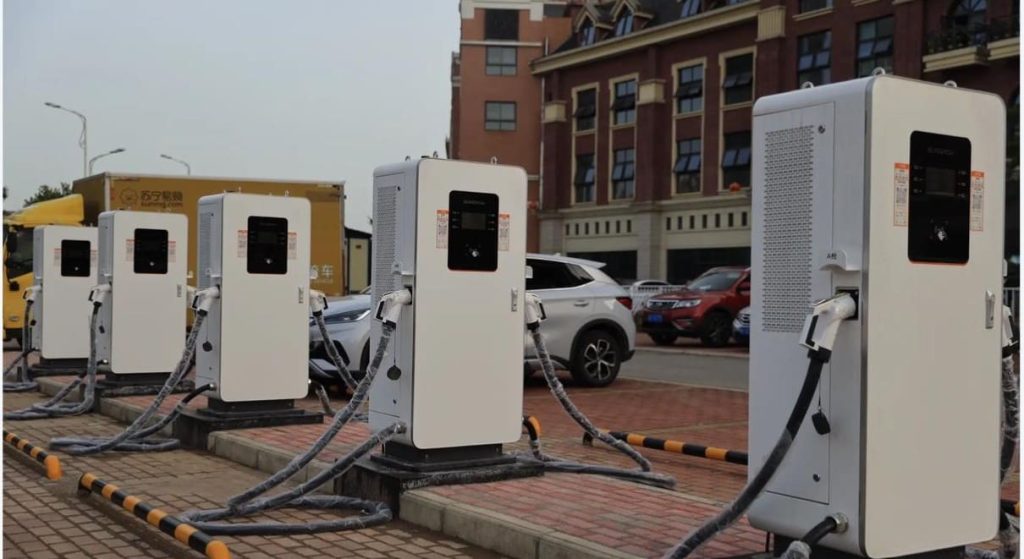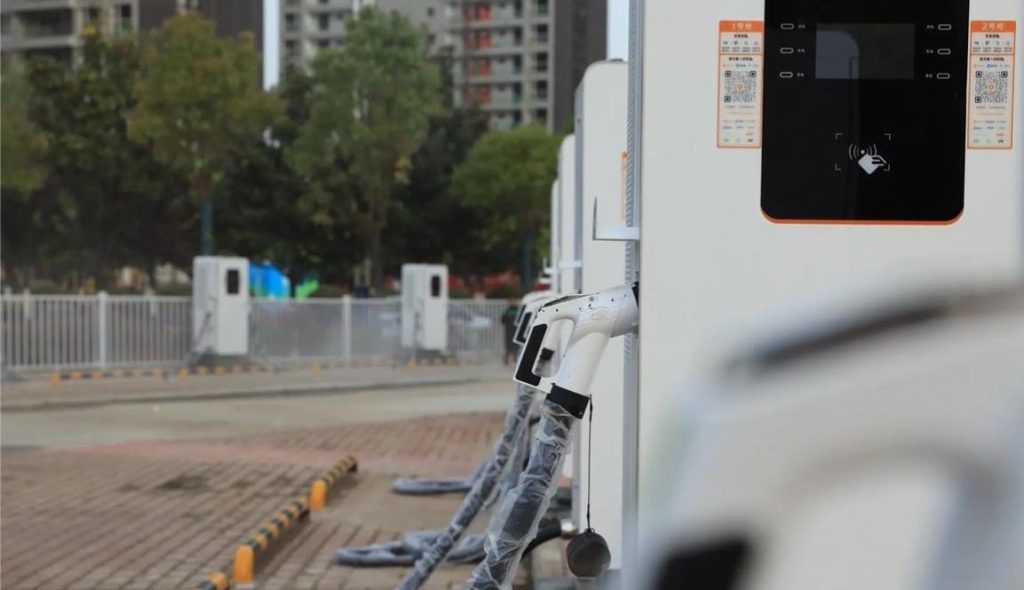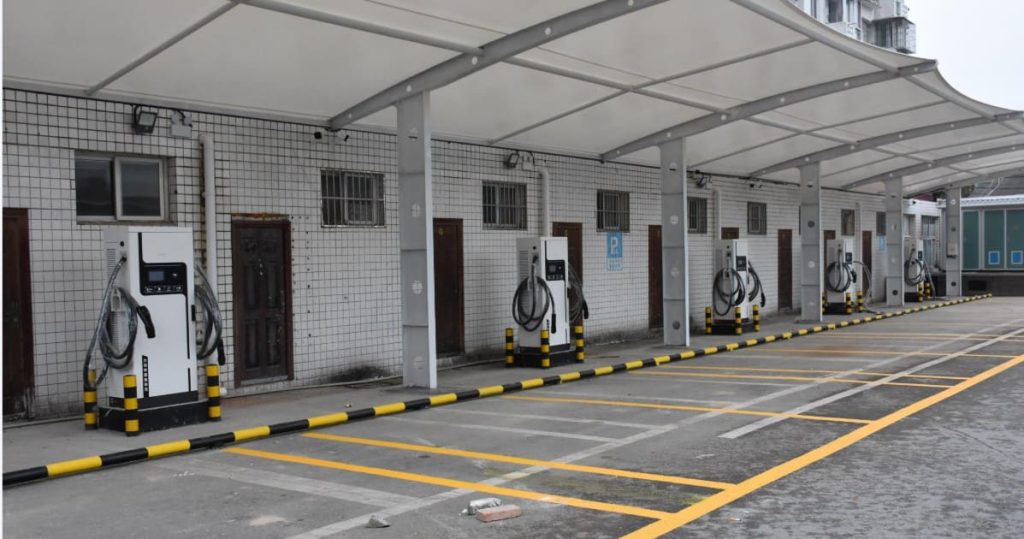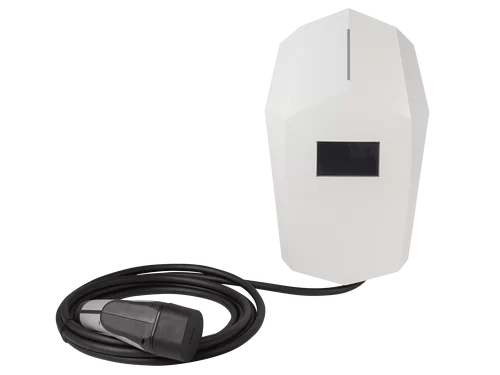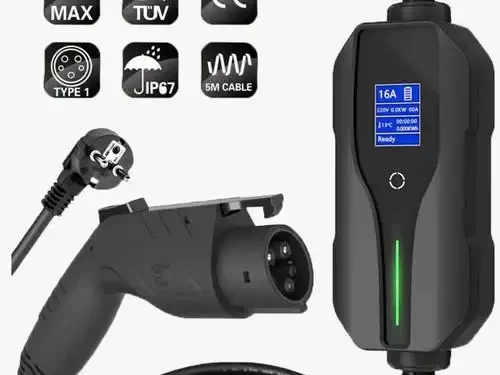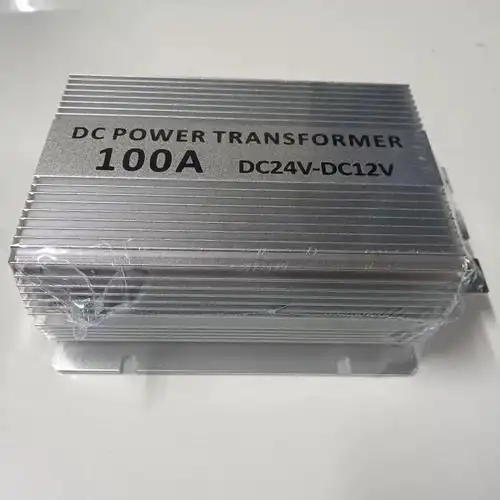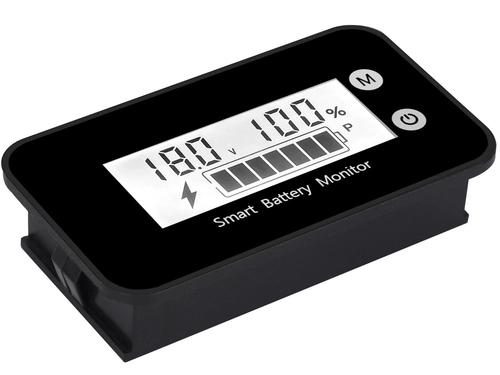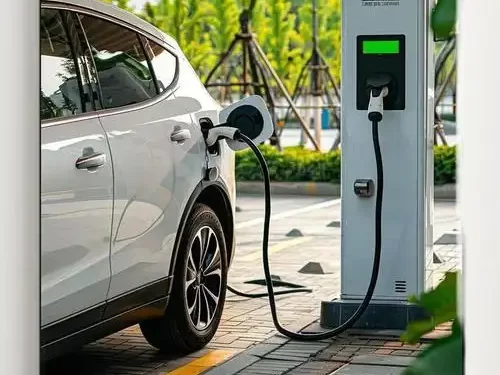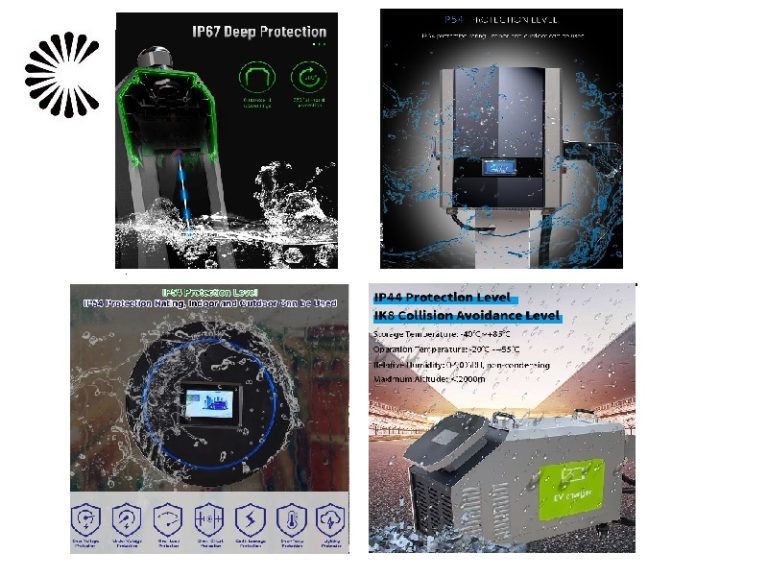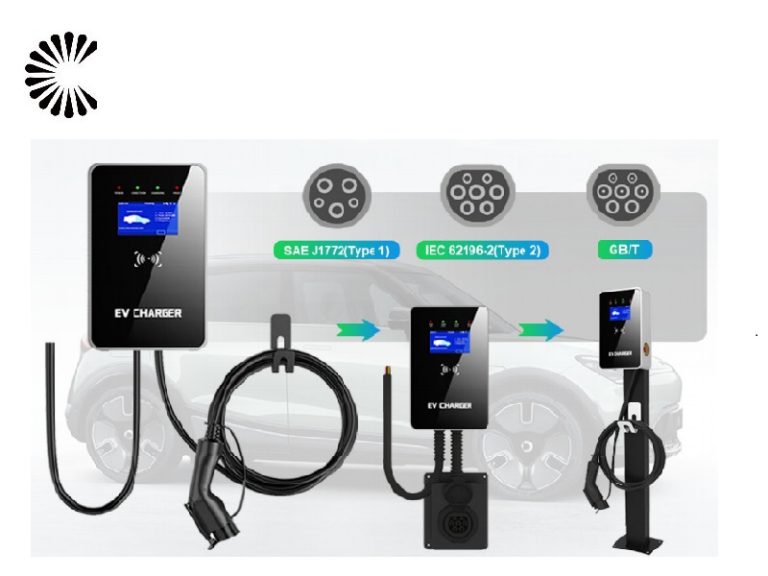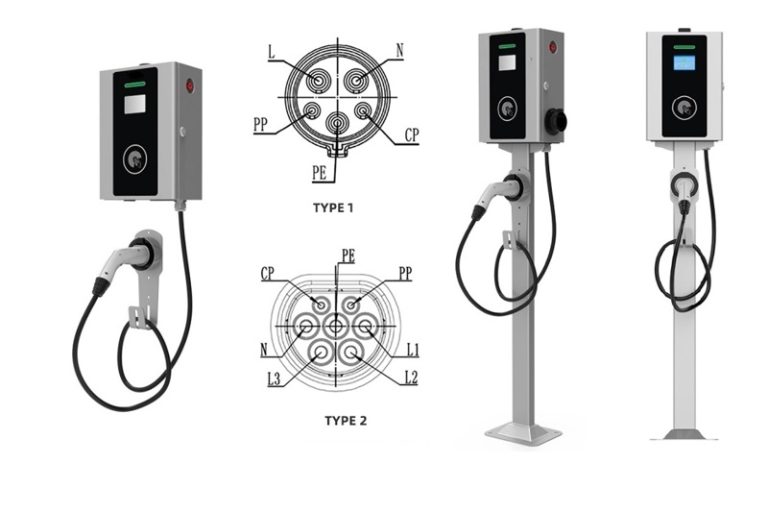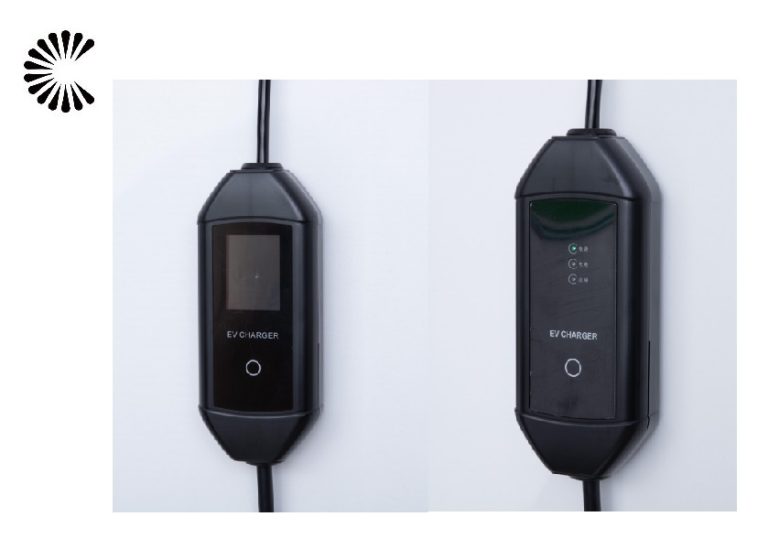Car Wall Charger
Car Wall Charger for Sale (Click to Get the Wholesale Price List):
Introduction of Car Wall Charger:

A Car Wall Charger, also known as a Car Charger or Auto Charger, is a device designed to charge electronic devices, typically smartphones, tablets, GPS units, and other portable gadgets, while you are on the go. Unlike traditional wall chargers that plug into an electrical outlet, a Car Wall Charger connects to the 12-volt accessory port, also known as the cigarette lighter socket, of your vehicle.
Car Wall Chargers come with a standard USB port or multiple USB ports, allowing you to charge multiple devices simultaneously. Some advanced models may also include fast-charging capabilities, ensuring that your devices charge quickly even during short car rides.
The convenience of a Car Wall Charger makes it a popular accessory for people who spend a significant amount of time in their vehicles, such as commuters, road-trippers, or sales professionals. It ensures that your devices remain charged and operational, whether you’re navigating, making hands-free calls, playing music, or using various mobile applications during your journey.
When choosing a Car Wall Charger, it’s essential to consider the power output, the number of USB ports, and any additional features like overcurrent protection or compatibility with specific devices. Overall, Car Wall Chargers are handy and reliable companions for staying connected and powered up while you’re on the road.
Advantages of Car Wall Charger:
On-the-Go Charging:A Car Wall Charger allows you to charge your electronic devices while you’re driving or on the move. It ensures that your gadgets stay powered up and ready to use, even during long trips.
- Convenience: It’s super convenient because you don’t need to find a wall outlet or wait until you reach your destination to charge your devices. Just plug it into your car’s accessory port, and you’re good to go.
- Multiple Device Charging: Many Car Wall Chargers come with multiple USB ports, so you can charge multiple devices simultaneously. It’s perfect for families or friends traveling together with various gadgets.
- Versatility: Car Wall Chargers are compatible with a wide range of devices, such as smartphones, tablets, GPS units, and more. You can charge almost any USB-powered device in your car.
- Stay Connected: Keeping your devices charged ensures that you stay connected on the road. You can use GPS for navigation, make hands-free calls, or stream music without worrying about running out of battery.
- Fast Charging: Some Car Wall Chargers offer fast-charging capabilities, allowing your devices to charge up quickly, even during short car rides.
- Emergency Preparedness: Having a Car Wall Charger is handy during emergencies. If your phone battery is low and you need to call for help or use navigation, you won’t have to worry about a dead phone.
- Cost-Effective: Investing in a Car Wall Charger is cost-effective, as it eliminates the need to buy separate chargers for your car and home.
- Compact and Portable: Car Wall Chargers are small and lightweight, making them easy to carry around in your car or even in a travel bag.
- Safety Features: Many Car Wall Chargers come with built-in safety features like overcurrent protection, which helps safeguard your devices from damage due to power fluctuations.
In summary, a Car Wall Charger is a practical and reliable accessory for anyone who spends time on the road. It keeps your devices charged, ensures connectivity, and provides a hassle-free charging experience while traveling.
Related Products for Wholesale
Related Articles
Our EV Charger Factory Introduction:
| Business Type: | Manufacturer/Factory | Main Products: | EV Charger |
| Number of Employees: | 100 | Year of Establishment: | 2014.05 |
| Production Capacity | 5000Set/Year | After-sales Service: | Technical Support; on-line teach lessons |
| R&D Capacity: | ODM, OEM | Annual Output Value: | US$5 Million – US$10 Million |
| No. of R&D Staff: | 5 | No. of Production Lines: | 6 |
ChargersGO Factory is a reputable manufacturer specializing in Electric Vehicle (EV) Chargers. Our extensive product range includes slow chargers, fast chargers, DC EV Chargers, AC EV Chargers, commercial EV Chargers, home chargers, and EV chargers of various levels, including level 1, level 2, and level 3. All our products adhere to strict China GMP design standards, ensuring top-notch quality and performance. Additionally, we take pride in securing various certifications to ensure the reliability and safety of our chargers.
Business Philosophy
“Quality is the main policy of sales” and “integrity is the principle of success” are the business philosophy of our people. We carry out one-year warranty, lifelong maintenance service, with technical consultation and other services, and long-term supply of equipment. Welcome new and old customers to negotiate cooperation!
Production Process:
The production of an Electric Vehicle (EV) charger entails a meticulous process aimed at delivering top-notch quality, safety, and performance. It involves several essential stages:
By adhering to this comprehensive production process, EV charger manufacturers ensure that their products are efficient, reliable, and safe, contributing to the broader adoption of electric vehicles and sustainable transportation.
By following a well-structured production process and adhering to strict quality standards, manufacturers can produce high-quality EV chargers that contribute to the growth of electric mobility and a greener, sustainable future.

Certifications:
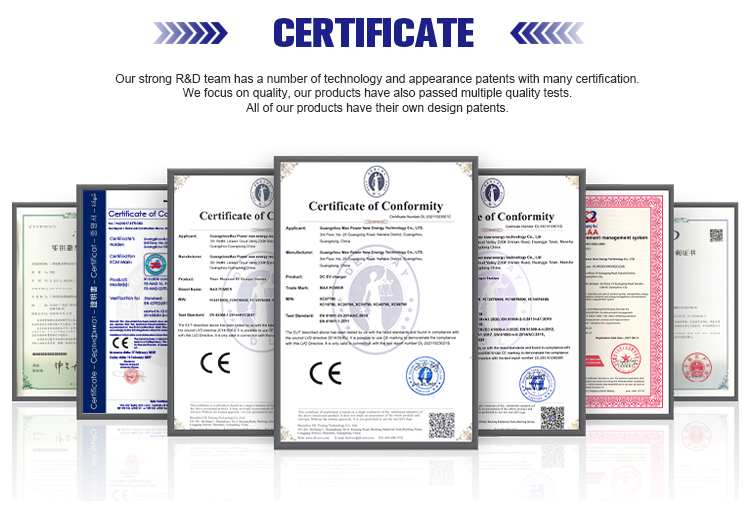
Small EV Charger Packing:
Retail and Wholesale Packaging of Small EV Chargers for Shipment
Retail Small EV Charger Shipment:
For retail orders, Small EV Chargers are shipped using express shipping methods.
Wholesale Small EV Charger Shipment:
For wholesale orders, Small EV Chargers are carefully packed in export fumigation-free wooden cases, suitable for bulk shipments or container transportation.
The primary objective of these packing measures is to safeguard the Small EV Chargers from any potential damage during sea shipment, ensuring they arrive at their destination in optimal condition. Employing correct packing procedures and utilizing high-quality materials minimizes the risk of harm during the journey.
Packing a Large EV Charger for Sea Shipment: Ensuring a Safe Voyage
Packing a large EV charger for sea shipment is a meticulous and demanding process, but with meticulous planning and precision, it can be done effectively to guarantee its safe arrival at the destination. Below are the essential steps a manufacturer may undertake when preparing a large machine for sea shipment:
Overall, packing a large EV charger for sea shipment demands precision and adherence to proper procedures. Employing high-quality materials and meticulous attention to detail ensures the machine’s safe and intact arrival at its intended destination. For added assurance, consulting a professional packing and shipping company can guarantee the machine is expertly packed and ready for its sea journey.
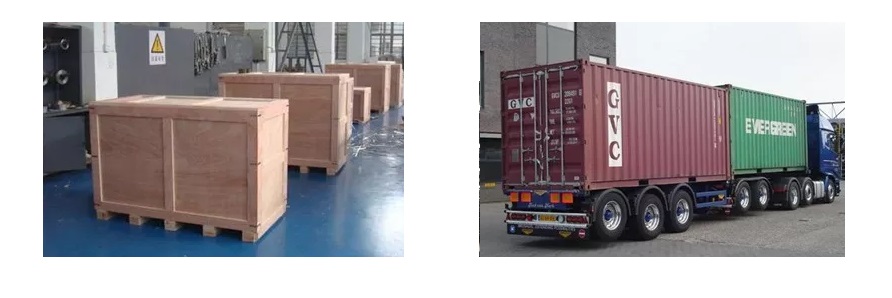
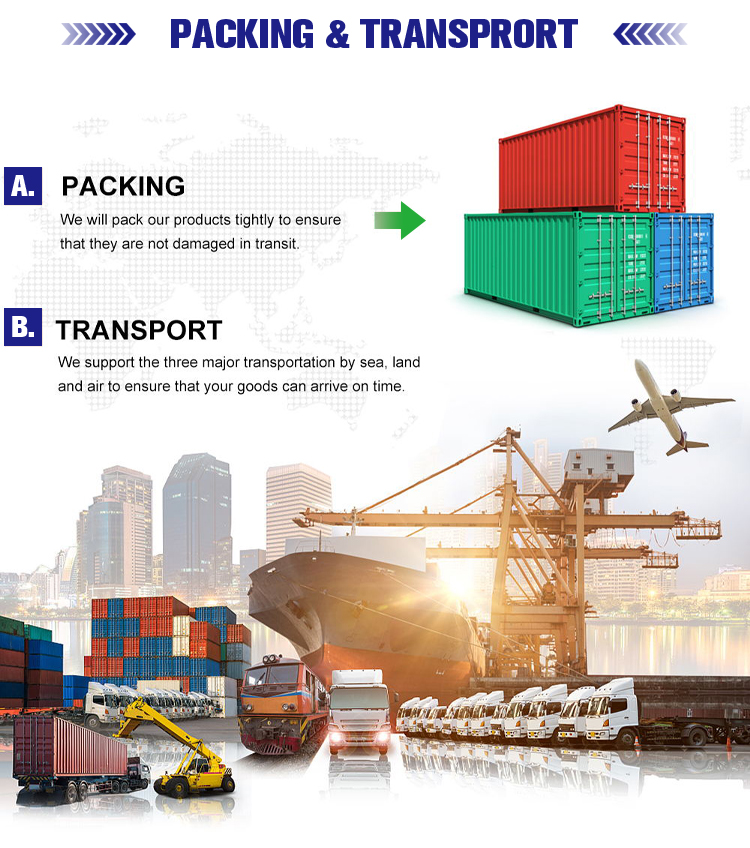
Installing an Electric Vehicle (EV) Charger requires careful planning and consideration to ensure a safe and efficient charging experience. Here is a step-by-step guide to the installation process:
It is crucial to have a licensed electrician perform the installation to ensure compliance with electrical codes and safety standards. Additionally, some EV charger manufacturers offer professional installation services, which can provide peace of mind and ensure a smooth and trouble-free installation process.

Applications of Fast EV Charger
It is appplicable for all kinds of charing protocols, Suitable for all kinds of new energy vehicles on the market,Applicable to a variety of electric vehicles, electric buses,Forklift,golf cartsightseeing cartractor, etc.
| CHAdeMO | Nissan leaf&NV200, KIA soul, CITRONEN C-Zero%Bendingo, Peu geot On, Mitsubishi l-Mev&outlander, Geely TX electric Taxi,Zero Motorcycles, Tesla Mode S(need adapter) |
| CCS | BMW i3,VW e-golf&e-up, Jaguar ipace, Tesla model 3, Hyundai ioniq&kona, Audi e-tron, OPEL ampere e, Chevrolet spark, Geely TX electric Taxi,Ford focus, Renault new Zoe |
| GB/T | BYD, BAIC,Chery, Geely, Aion S, MG, Xiao Peng, JAC, Zotype etc. |
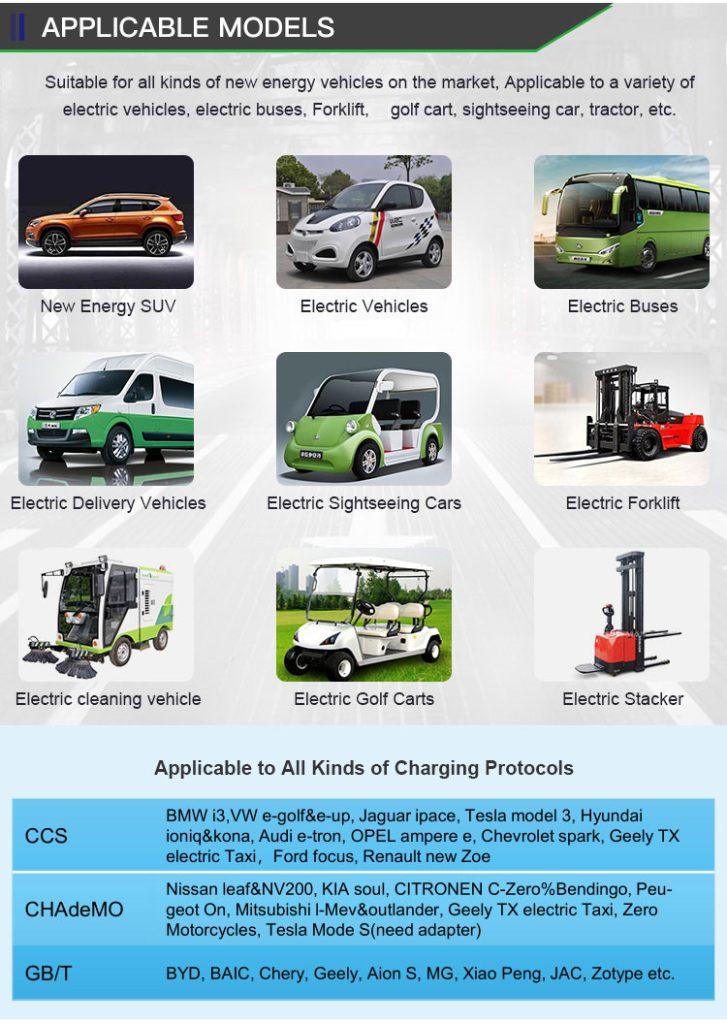
Contact Us
Frequently Asked Questions (Click for More FAQ)
-
Are you a factory or trading company?
For over two decades, we have proudly served as a leading and reputable manufacturer specializing in innovative and sustainable energy applications. With our expertise and commitment to excellence, we have been at the forefront of the industry, delivering cutting-edge solutions to meet the ever-evolving needs of our customers. Our extensive experience in this field enables us to provide you with the highest quality products and services. We are dedicated to creating a positive impact on the environment through our sustainable energy solutions, and we look forward to continuing our journey of innovation and success in the years to come.
-
What is the warranty?
Our products are covered by a comprehensive 12-month warranty period. During this time, we are dedicated to providing exceptional technical support and will replace any faulty parts at no cost to you. However, please note that while we take care of the replacement parts, customers are responsible for the delivery charges. Rest assured, we stand by the quality of our products and are committed to ensuring your satisfaction throughout the warranty period. If you encounter any issues or have any warranty-related inquiries, our dedicated team is ready to assist you promptly. Your trust in us is paramount, and we look forward to providing you with a reliable and hassle-free warranty service.
-
What is the packing method?
As a standard practice, our goods are carefully packed in brown cartons to ensure their safety during transit. However, if you hold a legally registered patent, we are delighted to accommodate your branding requirements. Upon receiving your authorization letters, we will be more than happy to pack the goods in your branded boxes. Your satisfaction is our priority, and we are committed to providing a customized packaging solution that aligns with your brand’s identity. Should you have any further questions or special requests regarding packaging, please feel free to share them with us. We look forward to meeting your packaging needs and delivering a seamless experience.
-
What is your terms of payment?
For your convenience, our payment terms are as follows: 50% deposit via T/T (Telegraphic Transfer) before production begins, and the remaining 50% is due before delivery. To ensure transparency and your complete satisfaction, we will provide you with photos of the products and packaging once the order is ready. This way, you can review the items before making the final payment. If you have any queries or require further information about our payment process, our dedicated team is here to assist you. Your trust in us is essential, and we are committed to delivering a seamless and reliable payment experience.
-
What is your terms of trade?
We offer a comprehensive range of trade terms to cater to your specific needs. Our available trade terms include EXW (Ex Works), FOB (Free on Board), CFR (Cost and Freight), CIF (Cost, Insurance, and Freight), DAP (Delivered at Place), DDU (Delivered Duty Unpaid), and DDP (Delivered Duty Paid). Each option is designed to provide flexibility and convenience for our valued customers. If you have any questions or require further clarification regarding our trade terms, please don’t hesitate to reach out to our dedicated team. We are committed to providing you with a seamless and satisfying trading experience.
-
How about your delivery time?
Typically, our standard delivery time ranges from 3 to 7 working days after receiving your advance payment. However, please note that the specific delivery schedule may vary depending on the items you’ve ordered and the quantity of your order. Rest assured, we are committed to processing your order efficiently and ensuring a prompt delivery. Should you have any further inquiries or need more precise delivery information, our dedicated team is here to assist you every step of the way. Your satisfaction is our priority, and we look forward to fulfilling your order with utmost care and timeliness.
-
Can you produce according to the samples?
Yes, whether you provide us with samples or technical drawings, we have the capability to produce the desired product. Our skilled team can build custom molds and fixtures to meet your specific requirements. Rest assured, we are fully equipped to bring your vision to life with precision and quality. If you have any specific details or special requests, feel free to share them with us. We take pride in our ability to deliver exceptional results, and we are excited to work with you on this project.
-
What is your sample policy?
We are pleased to offer samples for products with ready parts in stock. Please note that while we provide the samples, customers are kindly requested to cover both the sample cost and the courier cost. This ensures that you can evaluate the product’s quality and suitability before making a purchase. If you have any further questions or require assistance, our dedicated team is ready to help. Your satisfaction is our priority, and we look forward to providing you with the best possible service.
-
Do you test all your goods before delivery?
Absolutely!, we have 100% test before delivery. We ensuring the quality and reliability of our goods is our top priority. Before delivery, each product undergoes rigorous testing and quality checks to meet our high standards. We take pride in delivering only the best products to our valued customers. You can rest assured that your purchase will be thoroughly inspected and meet all necessary requirements before it reaches your hands. If you ever encounter any issues with our product, our dedicated customer support team is here to assist you promptly. Your satisfaction is essential to us, and we stand behind the quality of our goods wholeheartedly.
-
How does a car wall charger work?
A car wall charger, also known as an electric vehicle (EV) charger or electric vehicle supply equipment (EVSE), is used to charge the battery of an electric vehicle when it is parked at a location with access to an electrical power source. Here’s how a typical car wall charger works:
Electricity Supply: The car wall charger is connected to an electrical power source, usually a household outlet (Level 1 charger) or a dedicated circuit or charging station (Level 2 charger). Level 1 chargers typically plug into a standard 120-volt household outlet, while Level 2 chargers require a 240-volt circuit, which can charge the vehicle faster.
Charging Cable: The car wall charger is equipped with a charging cable that connects to the electric vehicle’s charging port. The cable has connectors that match the specific charging port type of the vehicle, such as Type 1 (J1772) or Type 2 (Mennekes).
Communication Protocol: The charger communicates with the electric vehicle through a standardized communication protocol like the J1772 or Combined Charging System (CCS) protocol. This communication allows the charger to negotiate the charging rate and ensure the safety and compatibility of the charging process.
Safety Measures: Car wall chargers have safety features built in to protect both the vehicle and the charger. These may include ground fault protection, overcurrent protection, overvoltage protection, and thermal protection to prevent overheating.
Charging Process: Once the car wall charger is connected and communication is established between the charger and the vehicle, the charging process begins. The charger supplies the appropriate electrical current to the vehicle’s battery to charge it.
Charging Level: The charging level depends on the capacity of the charger and the capabilities of the vehicle. Level 1 chargers generally provide slower charging rates, while Level 2 chargers offer faster charging. Level 3 chargers (DC fast chargers) are even faster but require specialized charging infrastructure.
Charging Status: Some car wall chargers have LED indicators or displays to show the charging status, including whether the vehicle is charging, fully charged, or if there are any issues during the charging process.
Completion and Disconnect: Once the vehicle’s battery is fully charged or reaches the desired charge level, the charger stops the flow of electricity, and the charging session is completed. The user can then disconnect the charging cable from the vehicle’s charging port.
Overall, car wall chargers provide a convenient and safe way to charge electric vehicles, helping to promote the adoption of electric mobility and reduce reliance on fossil fuels. -
What does a wallbox charger do?
A wallbox charger is a device that you can install on your home’s wall or garage to charge an electric car. It works like a special power outlet specifically designed for electric vehicles. When you plug your electric car into the wallbox charger, it provides the electricity needed to charge the car’s battery.
Imagine it like plugging your phone into a charger, but instead of a small phone, you’re connecting a big electric car. The wallbox charger is faster and more efficient than charging your car from a regular household outlet. It helps make sure your car’s battery is ready to go for your next drive, just like how you charge your phone overnight to have it fully charged in the morning. It’s a convenient and practical way to charge your electric vehicle at home, so you can enjoy the benefits of electric driving without worrying about finding public charging stations. -
What is the car charging plug called?
The car charging plug is commonly referred to as an “EV charging connector” or simply a “charging plug.” It is the part of the electric vehicle charging cable that connects to the car’s charging port. The specific name of the plug can vary depending on the type of connector used by the vehicle and the charging station. Some common names for different types of charging plugs include Type 1 (J1772), Type 2 (Mennekes), CHAdeMO, and CCS (Combined Charging System). Each of these connectors is designed to fit different electric vehicle models and specific charging infrastructure standards.

